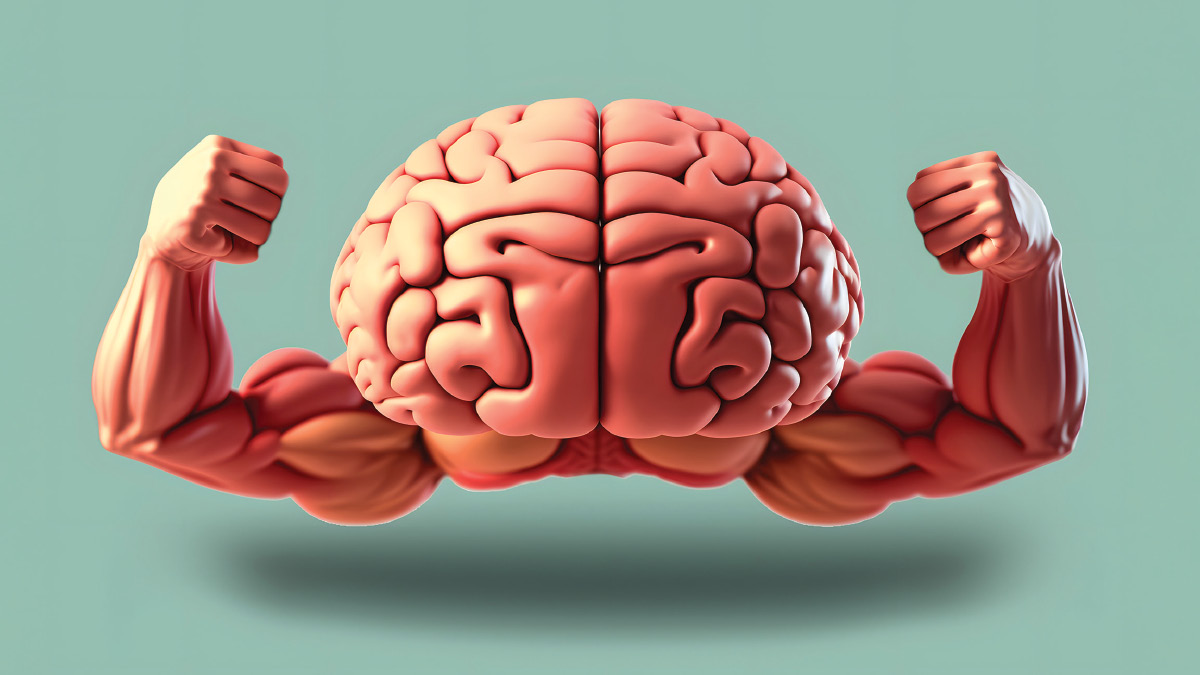One in eight Americans who are 60 years or older report having at least some memory loss and roughly 35% of them report problems with brain function, according to the Centers for Disease Control and Prevention. Staying sharp is a major concern for many individuals, regardless of age, and memory training is one way to do that. T&S reached out to neurologist Dr. Roula Al-Dahhak of The Memory Training Center to learn more about the impact the process can have on cognitive health.
What is memory training?
An easy way to think of it is strength training for the brain. It is designed to strengthen the remaining healthy neurons for individuals experiencing cognitive decline for a variety of reasons. Memory is actually only one facet of it. It also involves attention, information processing, language, executive function and more. I’ve designed a battery of tests to build a program that best suits my patients’ individual needs, but in general terms, memory training’s goal is to make neurons work better and faster.
Who is a good candidate?
It is a good option for anyone experiencing memory change, brain fog, attention problems or cognitive impairment. This includes individuals with dementia. However, patients with advanced cases may not be the best candidates because of the extent of damage to the neurons and how reduced function is. Mild to moderate cases will benefit the most from memory training. It also helps people who have experienced traumatic brain injuries as there are often changes in their ability to retain and process information as well as other neurological functions. Another group that benefits from memory training is women going through menopause. Due to hormonal changes, they often experience brain fog. While it may not significantly reduce their quality of life, intervention can help them maintain their baseline.
How does the process work?
Research has shown that the benefits of memory training can last up to 10 years. However, there is no consensus about how frequently it should be done. Some studies have looked at the effects of 30-minute sessions three times a week, and others have focused on less frequent but longer sessions. At The Memory Training Center, we focus on weekly meetings for three or four months. It allows me to monitor the progress of my patients and see how they improve from week to week. I can better see changes in memory, processing speed and overall function between sessions.
Can memory training be used as a preventative measure?
It can be daunting for people to face the prospect of dementia—sometimes, it seems like it would be easier just not to know. However, early intervention is best. Memory training is most effective when you still have functional neurons. The goal is to build up their strength, but the longer you wait to deal with cognitive decline, the more damage there will be. Memory training may still help, but it won’t be as effective as if you had started early on. In a way, time equals brain health.
Why is memory training important?
We put a lot of emphasis on improving the health of our bodies through diet and exercise. While that is undoubtedly important, we often neglect our brains. Doing a crossword or sudoku puzzle every once in a while isn’t going to strengthen your neurons in the way memory training does. The World Health Organization actually recommends memory training as the first line of nonpharmacological intervention for dementia. I think it’s important that people consider investing in their brains. Your cognitive health is going to be a major decider of your quality of life. If you’re putting effort into training your muscles, why not your brain as well?








